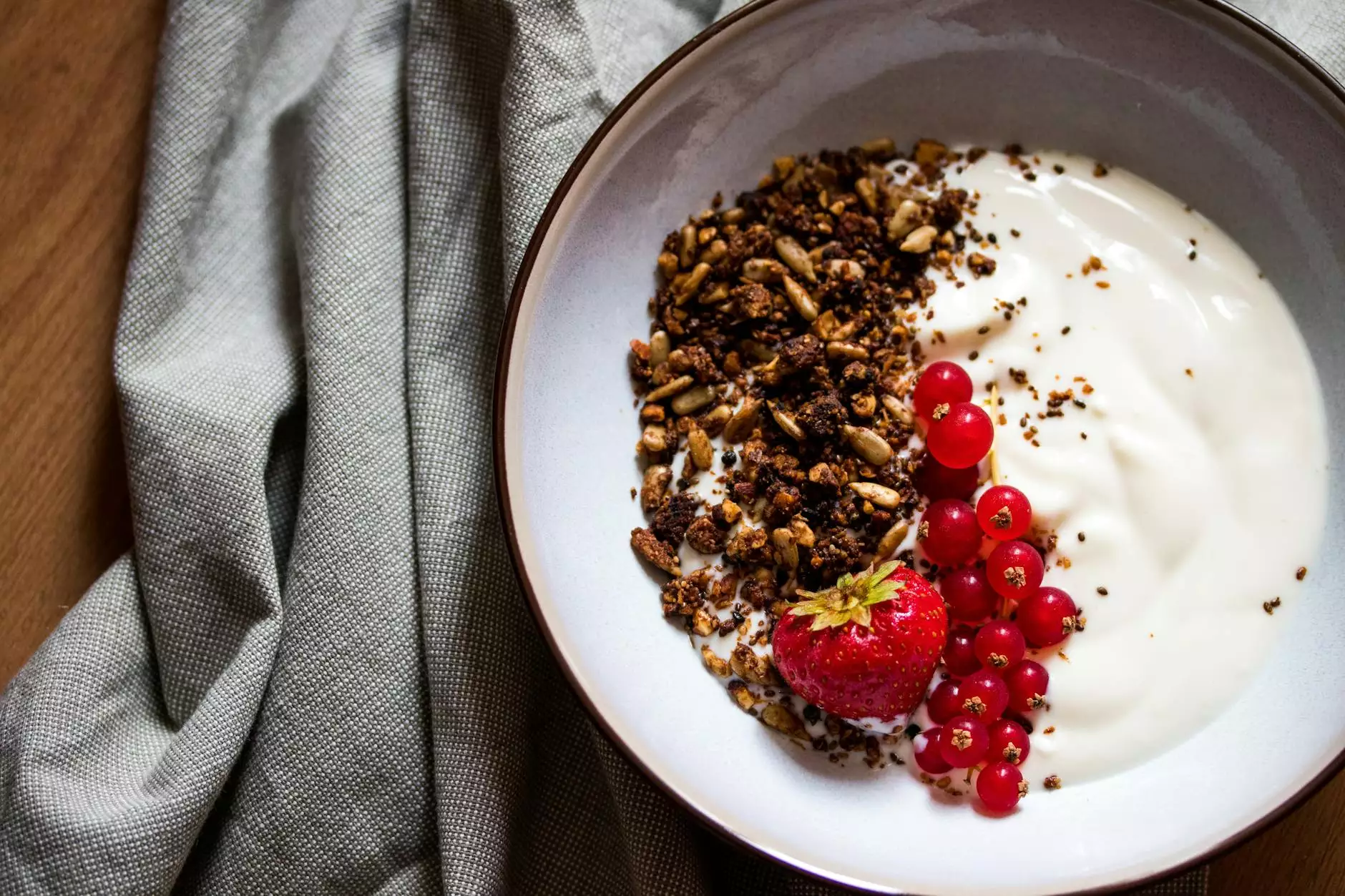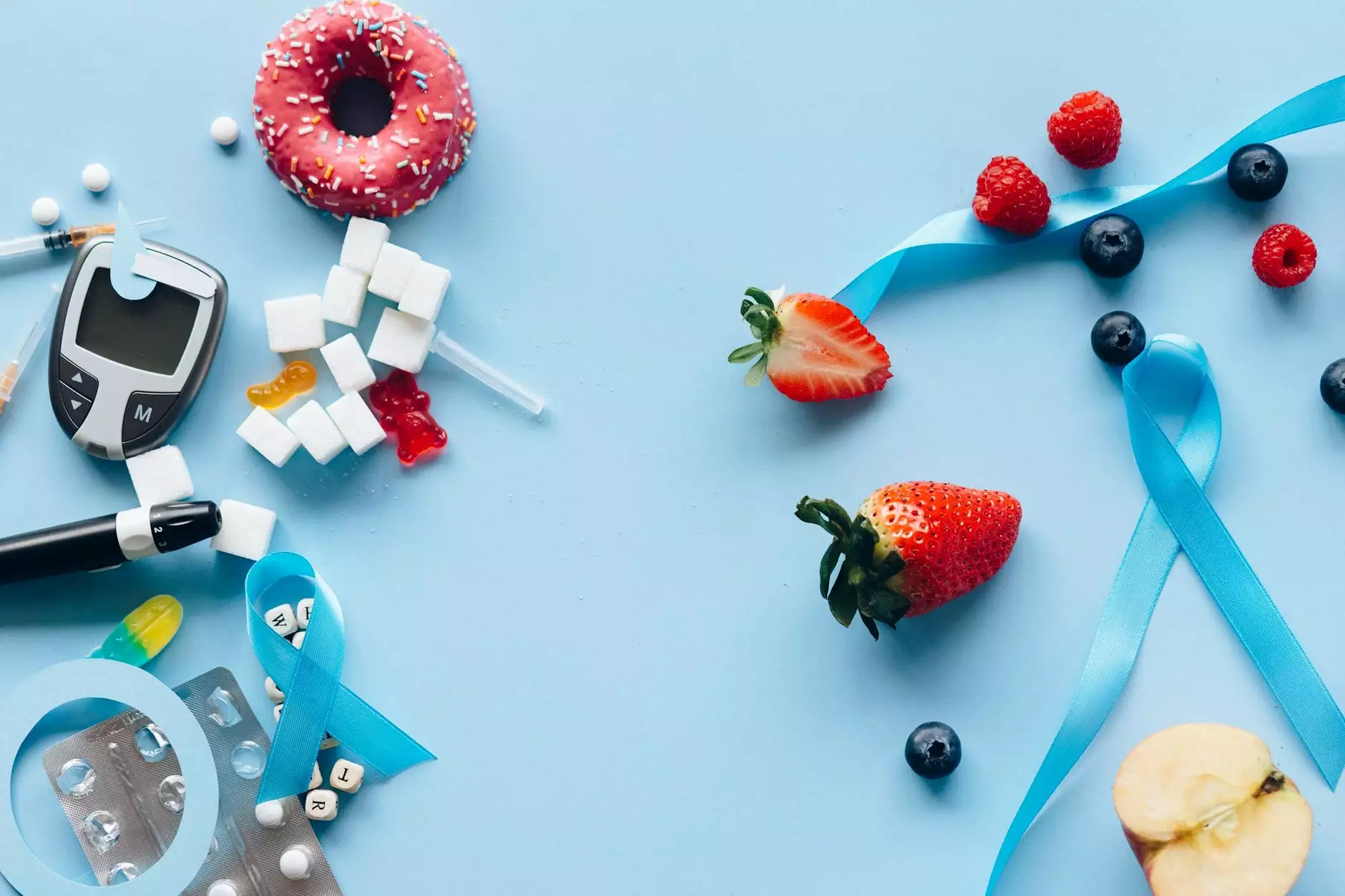How Can I Raise My 'Good' Cholesterol?

Understanding Cholesterol and its Importance
Cholesterol is a waxy substance produced by your body and found in certain foods. It plays a vital role in various bodily functions, such as building cell membranes and producing hormones. However, not all cholesterol is the same. There are two types: low-density lipoprotein (LDL) cholesterol, often referred to as 'bad' cholesterol, and high-density lipoprotein (HDL) cholesterol, commonly known as 'good' cholesterol.
Why is High 'Good' Cholesterol Beneficial?
Unlike LDL cholesterol, which can contribute to the buildup of plaque in arteries, HDL cholesterol helps remove LDL cholesterol from arteries and transports it to the liver for excretion. This process helps reduce the risk of heart disease and stroke. Therefore, increasing your HDL cholesterol levels is important for maintaining a healthy cardiovascular system.
Lifestyle Changes to Increase 'Good' Cholesterol
Bay Regional Medical Center recommends several lifestyle changes that can positively impact your HDL cholesterol levels:
Regular Physical Activity
Engaging in regular exercise, such as brisk walking, cycling, or swimming, can raise your HDL cholesterol levels. Aim for at least 30 minutes of moderate-intensity exercise most days of the week to experience the benefits.
Quit Smoking
Smoking not only lowers your HDL cholesterol levels but also increases your risk of heart disease. By quitting smoking, you can improve your cholesterol profile and overall cardiovascular health.
Healthy Diet Choices
Consuming a healthy, balanced diet can significantly impact your cholesterol levels. Opt for foods rich in unsaturated fats, such as avocados, nuts, and olive oil. Incorporate sources of omega-3 fatty acids, like fatty fish and flaxseeds, which help raise HDL cholesterol. Avoid trans fats found in processed snacks and focus on whole, unprocessed foods.
Specific Foods to Raise 'Good' Cholesterol
Including certain foods in your diet can contribute to increasing HDL cholesterol levels. Some examples of these beneficial foods are:
Fatty Fish
Cold-water fish like salmon, mackerel, and trout are excellent sources of omega-3 fatty acids, which promote HDL cholesterol production. Aim to consume fatty fish at least twice a week to reap the benefits.
Extra Virgin Olive Oil
Extra virgin olive oil, a staple of the Mediterranean diet, is packed with heart-healthy monounsaturated fats. Drizzling olive oil over salads, using it for cooking, or as a dip can help raise your HDL cholesterol levels over time.
Legumes and Whole Grains
Incorporating foods like lentils, chickpeas, brown rice, and whole wheat products into your diet adds soluble fiber, which can improve cholesterol profiles. These foods are not only beneficial for raising HDL cholesterol but also provide essential nutrients for overall well-being.
Colorful Fruits and Vegetables
Fruits and vegetables rich in antioxidants, such as berries, spinach, kale, and citrus fruits, help combat oxidative stress and inflammation, both of which can negatively impact cholesterol. Including a variety of colorful produce in your meals supports a healthy cholesterol profile.
Considerations and Consultation
While the above lifestyle modifications and food choices can contribute to raising your 'good' cholesterol, it is essential to consult a healthcare professional for personalized advice. They can assess your overall health, cholesterol levels, and provide further recommendations tailored to your specific needs.
By implementing these changes and collaborating with medical experts, you can take significant steps towards improving your cholesterol profile and maintaining optimal cardiovascular health.




